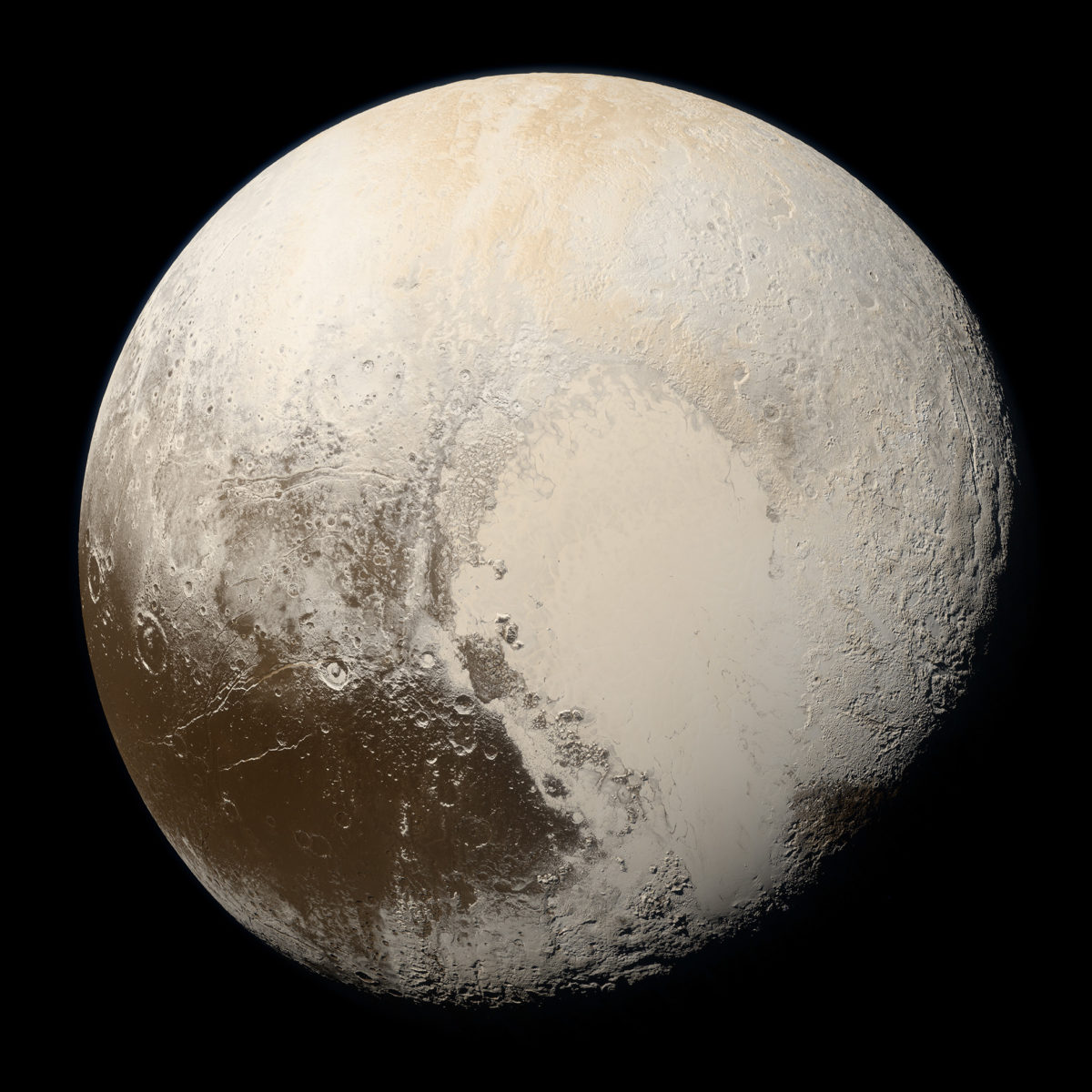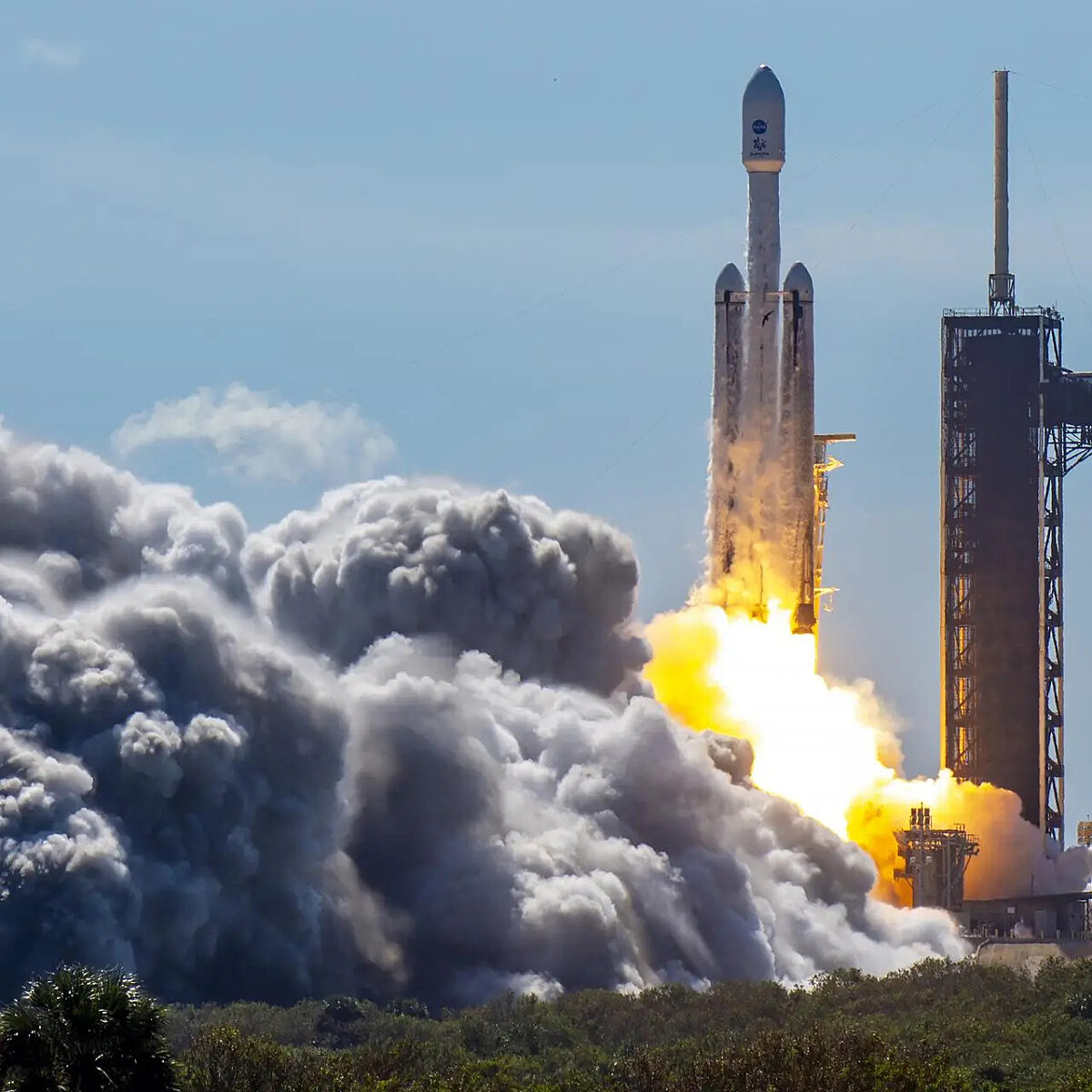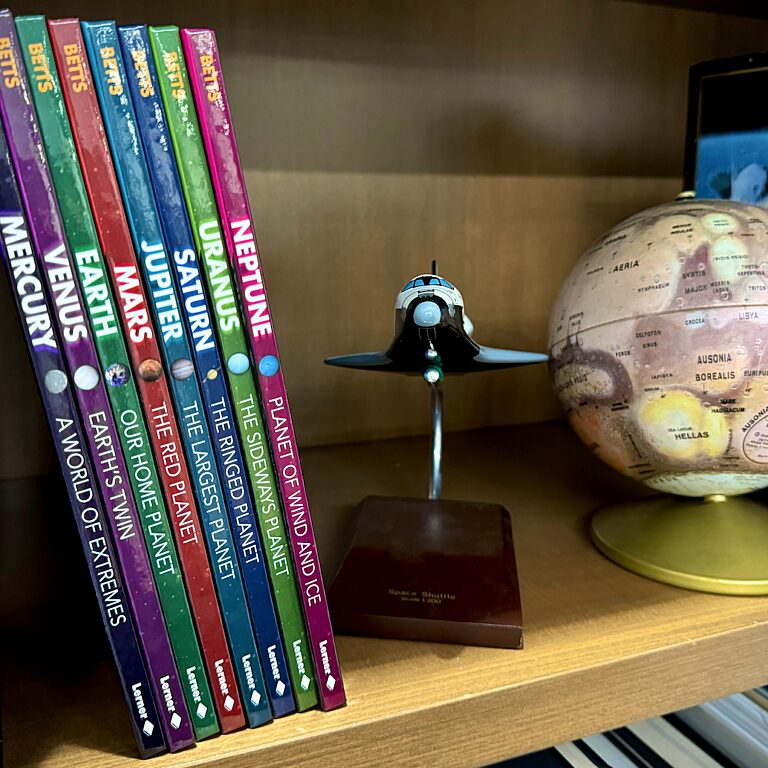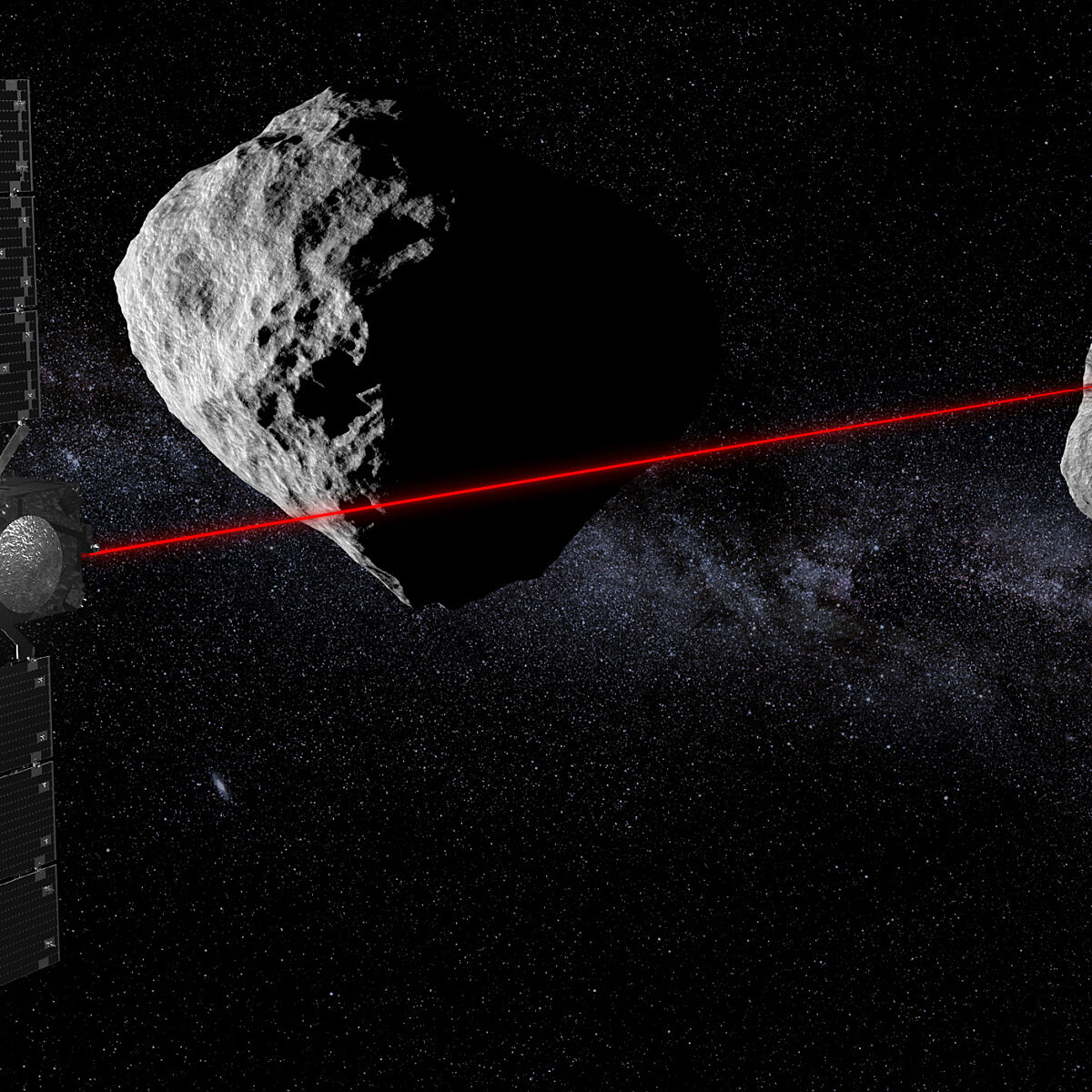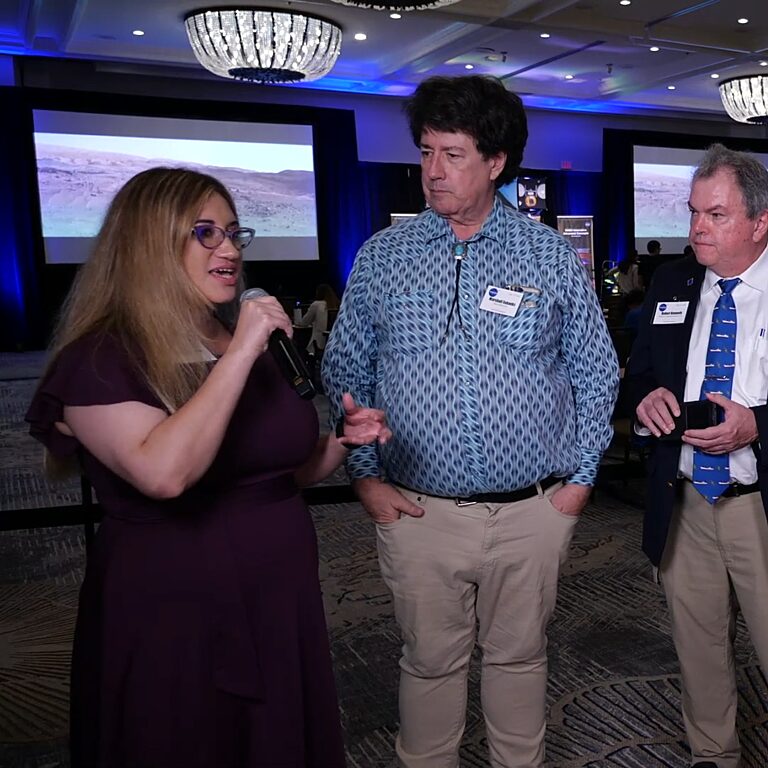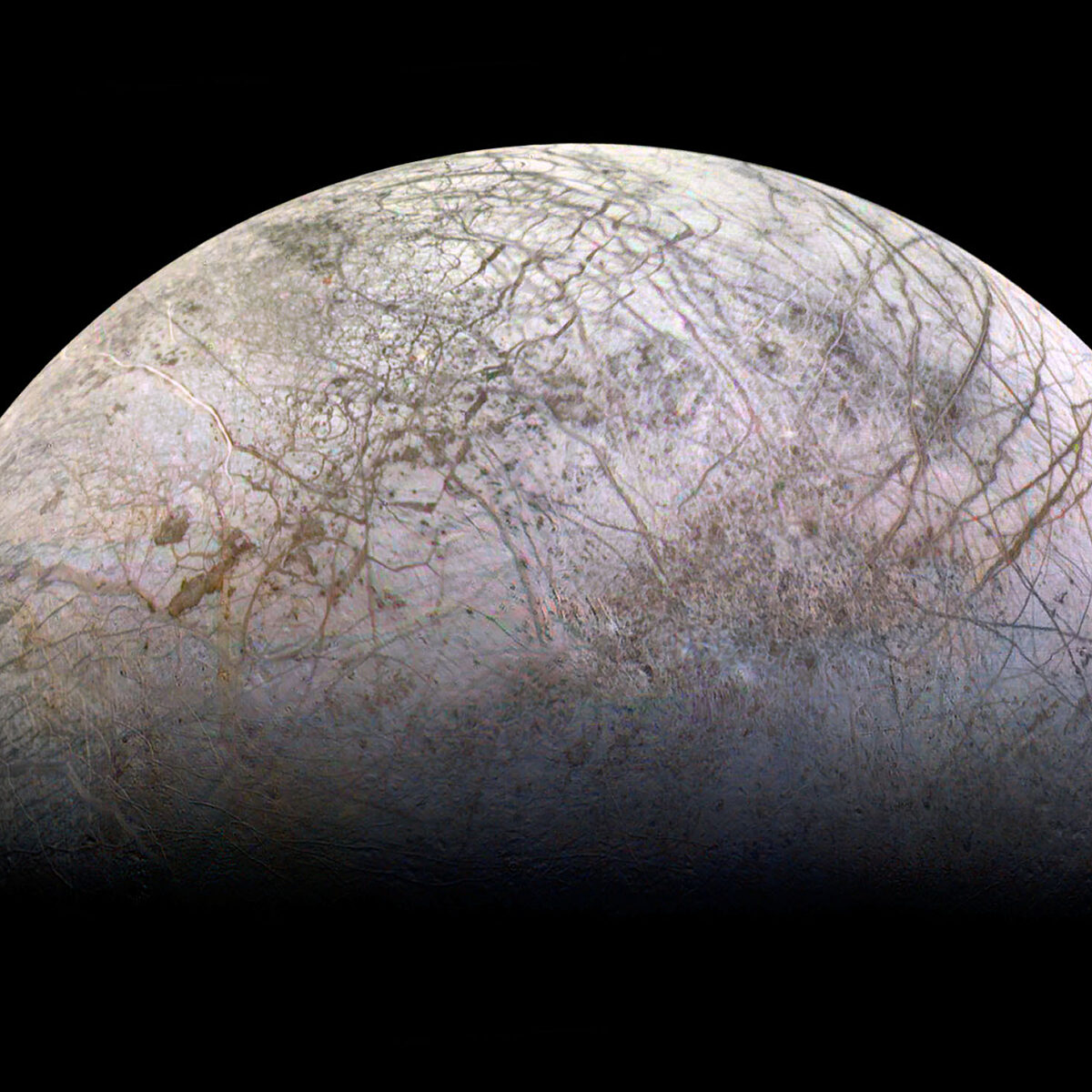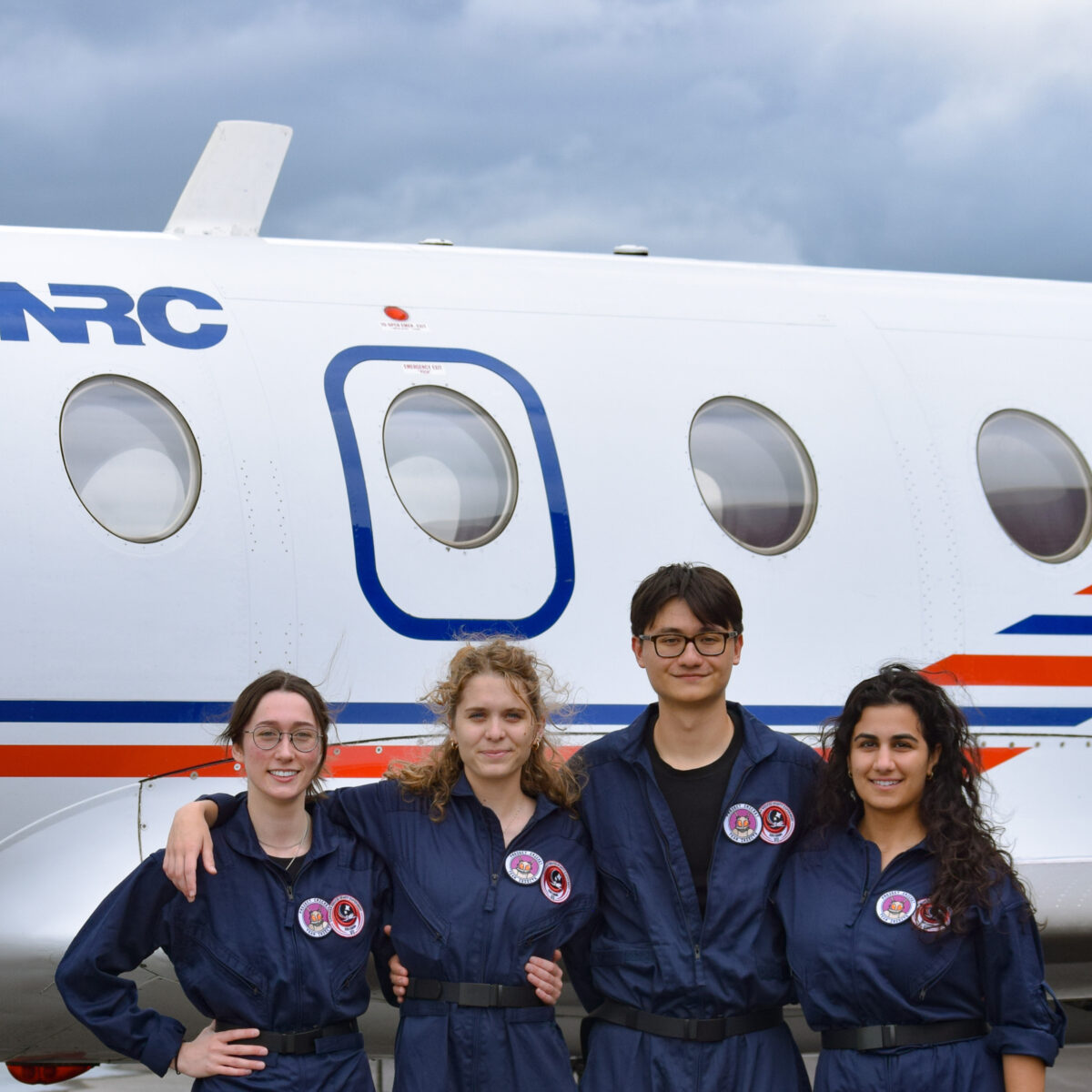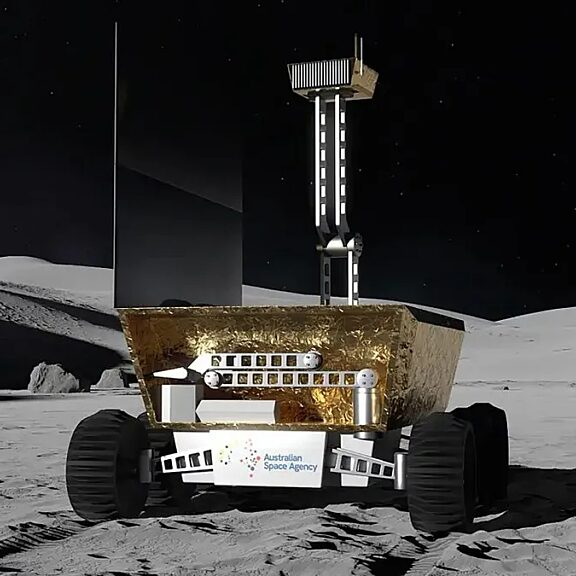Since 2002, Planetary Radio has visited with a scientist, engineer, project manager, advocate, or writer who provides a unique perspective on the quest for knowledge about our Solar System and beyond. The full show archive is available for free.
Search Planetary Radio
This week we discuss recent research on the origins of Pluto’s heart and what it can tell us about whether or not the dwarf planet has a subsurface ocean with Adeene Denton from the University of Arizona.
Bob Pappalardo, Europa Clipper project scientist, recounts the mission team's dramatic encounter with Hurricane Milton before their triumphant launch.
This week, Planetary Radio offers advice for students pursuing higher education in space-related fields. From internship insights to conference strategies and grad school survival tips, we've got you covered.
The Planetary Society and space advocates around the world fought to make Europa Clipper a reality. This week, we learn more about the tumultuous history of the mission with Casey Dreier, The Planetary Society’s chief of space policy.
Space expert Lori Garver joins the show to explore Kamala Harris’ space policy priorities, the major issues facing NASA in the next four years, and Garver’s thoughts on the evolution of Elon Musk and NASA’s increasing reliance on the commercial space industry.
We look forward to the Oct. 7 launch of the European Space Agency's Hera spacecraft with Michael Küppers, project scientist for the mission.
We return to the 2024 NASA Innovative Advanced Concepts (NIAC) Symposium for part two of our coverage as we explore an Artemis-enabled stellar imager and an add-on to large-scale water mining operations on Mars to screen for introduced and alien life.
Join us for part one of our journey to the 2024 NASA Innovative Advanced Concepts (NIAC) Symposium. We'll hear from the teams behind two of this year's NIAC projects that could help us study distant planets and potentially reach them ourselves.
Vince Ledvina, also known as the Aurora Guy, joins Planetary Radio to discuss the science behind the northern and southern lights and what they can tell us about our Sun, our planet, and worlds across our galaxy.
Dr. Greg Autry, who served on Trump’s NASA transition team in 2016 and was nominated for the position of NASA CFO in 2020, joins the show to discuss the space policy issues facing a potential second Trump administration in 2025.
With less than two months to go until the highly anticipated launch of NASA's Europa Clipper mission, we take a look back at over twenty years of Planetary Radio episodes about Jupiter's most intriguing moon.
Get up to speed on the latest in commercial space news and look forward to the European Space Agency’s Ramses mission to Apophis with members of The Planetary Society team.
We hear from Team Insecta, a group of Canadian students exploring crickets as a viable source of space food.
Planetary Radio takes a melodic adventure to the Ravinia Festival in Illinois, USA, for the public premiere of the "Moons Symphony."
Caltech's Mike Brown and Konstantin Batygin discuss their new paper, the latest evidence for Planet 9, and why they believe their hunt may soon be over.
Policy expert G. Ryan Faith argues for importance of communal engagement with our values and goals in space exploration. While easy answers may elude us, a careful and considered approach to this effort can help avoid common pitfalls and dead ends and ensure that future generations continue to explore space.
NASA's Perseverance rover has made a groundbreaking discovery on Mars: a sample that may hold evidence of ancient microbial life. We visit the Tenth International Conference on Mars to get the details.
Darby Dyar, the deputy principal investigator for NASA’s VERITAS mission to Venus, returns triumphantly to Planetary Radio to share the story of how space advocates helped save this mission.
We celebrate the second anniversary of the James Webb Space Telescope's (JWST) science operations with Christine Chen, associate astronomer at the Space Telescope Science Institute.
Newton Campbell Jr., the director of the Australian Remote Operations for Space and Earth (AROSE) Consortium, discusses his career journey, AI in space, and Australia's first lunar rover, the Roo-ver.


 Explore Worlds
Explore Worlds Find Life
Find Life Defend Earth
Defend Earth


